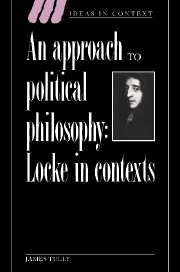8 - Progress and scepticism
Published online by Cambridge University Press: 20 November 2009
Summary
Many of the great thinkers of the European Enlightenment advanced two closely related beliefs. The first was that the societies in which they lived possessed or were about to possess properties that made them different from all other societies in history and thus distinctively ‘modern’. The second was that these modern features gave rise in turn to a second equally distinctive aspect of their societies: their ‘progressive’ nature. Two hundred years later we continue to believe that we live in societies that are ‘modern’ in roughly the sense given to this word during the Enlightenment. However, we tend to doubt and in fact to be highly sceptical of the belief that modern societies are progressive.
Four deeply troubling characteristics of our century are standardly said to have provided good reason for the rise of scepticism and disillusionment with respect to progress. The horrors of two world wars shattered the belief advanced by Adam Smith (1723–90), Immanuel Kant (1724–1804), Marie-Jean Condorcet (1743–94), and Jeremy Bentham (1748–1832) that modern societies tend to peace. Our experience with war and militarism since 1945 has, if anything, increased scepticism. Over 30 million have died in the hundreds of wars since 1945; enough nuclear, biological, chemical, and conventional weapons have been built and deployed to exterminate most forms of life on the planet many times over; and our militarized international relations sustain an ever-increasing arms trade.
- Type
- Chapter
- Information
- An Approach to Political PhilosophyLocke in Contexts, pp. 262 - 278Publisher: Cambridge University PressPrint publication year: 1993



